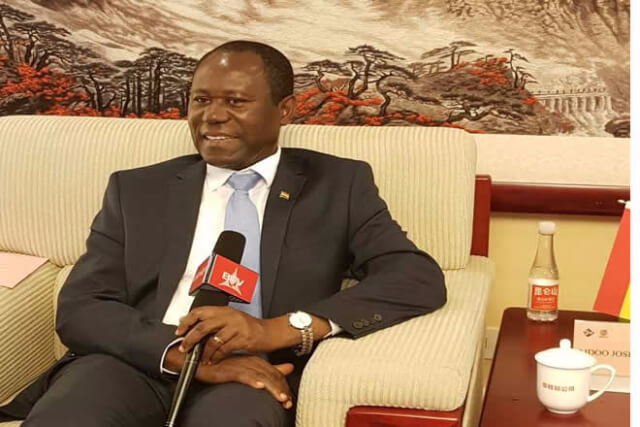As the official launch of the largest trade zone in the world has taken off in Niamey, Niger on July 7, 2019, one African country remains the only one out of the 55 States not signed up to the African Continental Free Trade Agreement that will lead to the African Continental Free Trade Area (AfCFTA).
The AfCFTA with a market of over 1.2 billion is projected to create an economy of $2.3 trillion if the continent increases trade by at least 50 per cent.
Nigeria, the largest economy on the continent and its neighbour, Benin signed the Agreement on July 7, 2019, bringing the number of States to 54, leaving Eritrea as the only country yet to sign.
After signing the Agreement, countries are required to deposit their instrument of ratification with the African Union Commission Secretariat.
The Agreement formally came into force on May 30, 2019. The launch has started the process of operationalizing the AfCFTA.
Currently, intra-African trade is the lowest as compared to trade among countries on other continents, and Africa’s share of global trade is depressing, considering the fact that Africa is the largest supplier of raw materials to the world’s factories.
Africa’s mineral resources, notably, are fuelling growth and development in many industrialised and emerging economies of the world, and while Africa consumes very little of its own mineral resources, the continent exports most of it as raw materials, without mostly value addition.
The AfCFTA, therefore, has the potential to stimulate industrialisation, create jobs and accelerate development.
Meanwhile, the Assembly of Heads of State and Government of the African Union (AU) selected Ghana as the host country for the Secretariat of the African Continental (AfCFTA) Free Trade Area.
Ghana won the bid against rival countries; Egypt, Eswatini, Ethiopia, Kenya, Madagascar and Senegal.
The core mandate of the Secretariat will be to implement the African Continental Free Trade Area Agreement, which has since been ratified by 25 member states.
In his acceptance speech, during the closing session of the Summit, the President of the Republic, Nana Addo Dankwa Akufo-Addo, thanked the Assembly for the decision, stating that “it is a privilege that, for the first time in our nation’s history, we have the responsibility of hosting an important pan-African institution”








